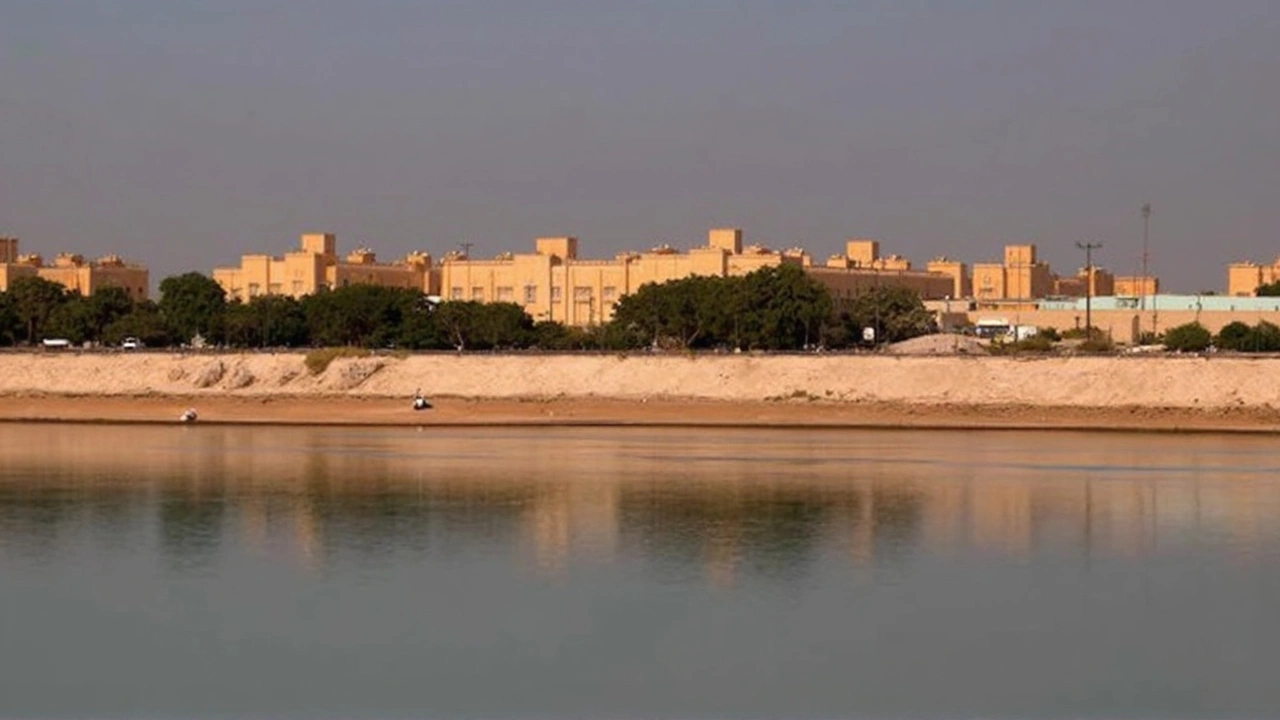Israel Moves First: Strikes on Iran’s Nuclear Infrastructure
Early Friday, the world woke up to a dangerous new phase in the Middle East when Israel declared it had struck Iranian nuclear facilities and military sites under what it calls 'Operation Rising Lion.' Prime Minister Benjamin Netanyahu said the goal was clear: take out Iran’s growing nuclear threat before it could endanger Israeli lives. The strikes reportedly hit not only research centers but scientists and military facilities tied to Iran’s nuclear ambitions.
State media in Tehran painted a grim picture, announcing the death of a prominent IRGC commander, Hossein Salami, in the attack. However, so far, no independent reports have confirmed this detail. As Iran reels, its leaders are pledging a fierce response. Supreme Leader Ayatollah Ali Khamenei didn’t mince words, warning of what he called a “harsh response” and letting state-backed media float the threat of wider attacks, even against U.S. assets in the region.

History Repeats: The Begin Doctrine Returns
This isn’t the first time Israel has struck first to keep nuclear weapons out of its neighbors’ hands. The so-called Begin Doctrine—preemptive action to shut down adversarial nuclear programs—goes all the way back to the 1981 bombing of Iraq’s Osirak reactor and popped up again in Syria in 2007. With Israel invoking the same playbook against Iran, plenty of experts are worried this time things could spiral much further out of control.
Inside Israel, Defense Minister Yoav Gallant isn’t taking chances. He’s declared a nationwide state of emergency, warning citizens to brace for incoming missile and drone strikes. That’s because Iran isn’t standing alone: it has a network of proxies across the region—groups like Hezbollah and militias in Iraq, Syria, and Yemen—that could join in a coordinated attack. Military analysts warn this could push Israel’s Iron Dome system to its limits, with barrages harder to fend off if everyone strikes at once.
Meanwhile, the U.S. is eager to keep some distance. Secretary of State Marco Rubio went on record to say that Washington had nothing to do with the strikes—not sharing intelligence, not coordinating militarily. This marks a break from the recent past when American officials preferred diplomatic pressure over open conflict or risking a spiraling regional war. Back in the Trump days, there was even pressure against Israeli action, with the administration sticking to negotiation—something now looking impossible as the missiles fly.
That spirit of negotiation had brought U.S. envoy Steve Witkoff to Muscat for talks with Iranian officials about Iran’s nuclear program. Those talks, by every account, are now up in smoke. With missiles and threats in the air, neither side seems ready to return to the table. For now, the Middle East holds its breath, watching for what comes next in an already spinning conflict.
